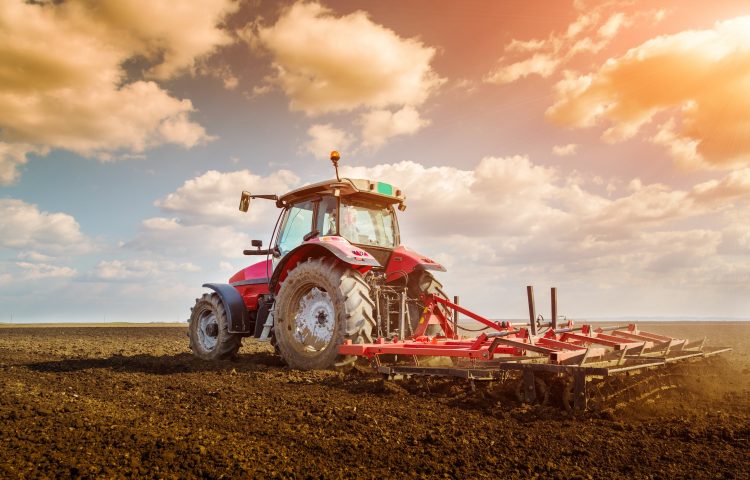
The Basic Payment Scheme (BPS) is the biggest of the European Union’s rural grants and payments to the farming industry under the Common Agricultural Policy (CAP). Once Britain leaves the EU, the Basic Payment Scheme (BPS) will be phased out by 2027 which will inevitably put pressure on the bottom line of many rural businesses
What is the Basic Payment Scheme (BPS) and who is entitled to it?
The Basic Payment Scheme (BPS) (Direct Payments) replaced the Single Payment Scheme in 2015, and applications can be made once a year, usually in May, then payments begin in December. Farmers with at least five hectares of eligible agricultural land can apply and some businesses aren’t allowed to claim if they carry out certain business activities. Guidance on the BPS and how payments are calculated is available at www.gov.uk/guidance/bps-2018
Advice and support is available from our experienced agriculture team, who handle a great many enquiries from clients needing help with their BPS applications, registering land, claiming special entitlements and transferring entitlements and land.
The most common breaches of BPS payment conditions
According to the most recent Defra report on compliance inspections the top breaches are errors by farmers when it comes to livestock identification and recordkeeping – primarily the movement of an animal not being recorded. The next most common error was a failure to ensure all eligible animals conform to testing for bovine TB. Compliance rules have to be adhered to all year round, and rural Payments Agency inspectors can arrive unannounced at a farm to check the rules are abided by. A failure to allow the inspectors to carry out their role can result in a complete loss of BPS entitlement.
What the proposals currently are to change it
From 2021 to 2027, there will be an agricultural transition period in England as Direct Payments are gradually phased out. As published in September of this year the Agricultural Bill sets out the concept of payments based on “public goods”, such as better air and water quality, improved soil health, higher animal welfare standards, public access to the countryside and measures to reduce flooding. Direct Payments during the agricultural transition period up until 2027 will be “delinked” from the requirement to farm the land.
Prepare for Changes
The challenge is that Direct Payments will end and it is unclear what scheme will be put in place and what the effect will be on farmers income. DEFRA have asserted that the reduction in Direct Payments will lead to lower rents for land which in turn will lead to more landowners taking the land back in hand.
How Hibberts can help
Our agriculture team are experienced specialists who can provide practical knowledge and advice on a wide range of legal agricultural requirements. Whether you need help in applying for your BPS entitlement, are unclear over any aspect of BPS compliance, or are interested in specific advice on how to structure your business, as a full-service legal firm our agriculture solicitors are supported by all of our departments to offer a professional and reliable service.
Hibberts Solicitors can deal with all areas of agricultural law and are skilled in succession planning, agricultural tenancies, farm acquisitions and sales, and the challenges faced by owners of rural businesses. For more information and to make an appointment contact John Gibbons by calling 01270 624225 or email jr*@******ts.com
This blog is not meant to be taken as official legal advice and we recommend you always seek professional legal advice if you have questions about your specific situation.